Taliban peace talks delegation to include women
Unexpected move follows calls for female representation in discussions aimed at ending 17-year war in Afghanistan
A free daily email with the biggest news stories of the day – and the best features from TheWeek.com
You are now subscribed
Your newsletter sign-up was successful
The Taliban’s delegation to talks in Qatar later this month aimed at bringing peace to Afghanistan will include female representatives.
The meeting in Doha from 19-21 April will be between the Taliban and a number of prominent Afghans, including opposition politicians and civil society activists. It follows similar discussions that took place in February in Moscow.
Zabihullah Mujahid, the Taliban’s main spokesman, confirmed: “There will be women among Taliban delegation members in the Doha, Qatar meeting.”
The Week
Escape your echo chamber. Get the facts behind the news, plus analysis from multiple perspectives.

Sign up for The Week's Free Newsletters
From our morning news briefing to a weekly Good News Newsletter, get the best of The Week delivered directly to your inbox.
From our morning news briefing to a weekly Good News Newsletter, get the best of The Week delivered directly to your inbox.
He did not name the women, but stressed that the female delegates have “no family relationship with the senior members of the Taliban, they are normal Afghans, from inside and outside the country, who have been supporters and part of the struggle of the Islamic Emirate”.
For a group known for its hardline interpretation of Islam, including an ultra-conservative attitude to women’s rights, the move “represents a step towards addressing demands that women be included in the talks, intended to lay the foundations for a future peace settlement”, says Reuters.
However, Mujahid specified that the women would only join the discussions with the prominent Afghans and would not participate in the main peace negotiations with US officials, led by the US’s special peace envoy Zalmay Khalilzad.
In the course of the negotiations, Taliban leaders have made several statements assuring that they intend to uphold the rights and freedoms of women in any future power-sharing arrangement. “We consider woman as the builders of a Muslim society and are committed to all rights of women that have been given to them by the sacred religion of Islam,” Sher Mohammad Abbas Stanikzai, a Taliban leader, said earlier this year.
A free daily email with the biggest news stories of the day – and the best features from TheWeek.com
But not everyone is convinced, with gender equality campaigners pointing to the Taliban’s past oppression of women, as well as more recent incidents like the public lashing of a 32-year-old woman for not wearing a face veil in the Taliban-controlled Sar-e-Pol province.
Under the Taliban regime which controlled most of Afghanistan from 1996 to 2001, girls were banned from going to school, while women “were forbidden from working [and]… had to be covered head to toe when venturing outside and accompanied by a male relative, even if that meant their baby boy”, reports The Washington Post.
Hundreds of Afghan women have joined journalist Farahnaz Forotan to demand that their rights be safeguarded in the peace negotiations.
“Peace must not come at the price of going back. Because we achieved a lot these past years. Will women still have to pay a price? Isn’t once more than enough?,” Forotan told The Hindu.
But Fawzia Koofi, a former member of parliament who took part in earlier meetings with the Taliban said the presence of women in the Taliban team was a “good step”.
“Only women can feel the pain and miseries that Afghan women have suffered. The presence of women among the Taliban negotiators shows that the Taliban’s ideology has changed,” she told Reuters.
-
 How to Get to Heaven from Belfast: a ‘highly entertaining ride’
How to Get to Heaven from Belfast: a ‘highly entertaining ride’The Week Recommends Mystery-comedy from the creator of Derry Girls should be ‘your new binge-watch’
-
 The 8 best TV shows of the 1960s
The 8 best TV shows of the 1960sThe standout shows of this decade take viewers from outer space to the Wild West
-
 Microdramas are booming
Microdramas are boomingUnder the radar Scroll to watch a whole movie
-
 Operation Rubific: the government's secret Afghan relocation scheme
Operation Rubific: the government's secret Afghan relocation schemeThe Explainer Massive data leak a 'national embarrassment' that has ended up costing taxpayer billions
-
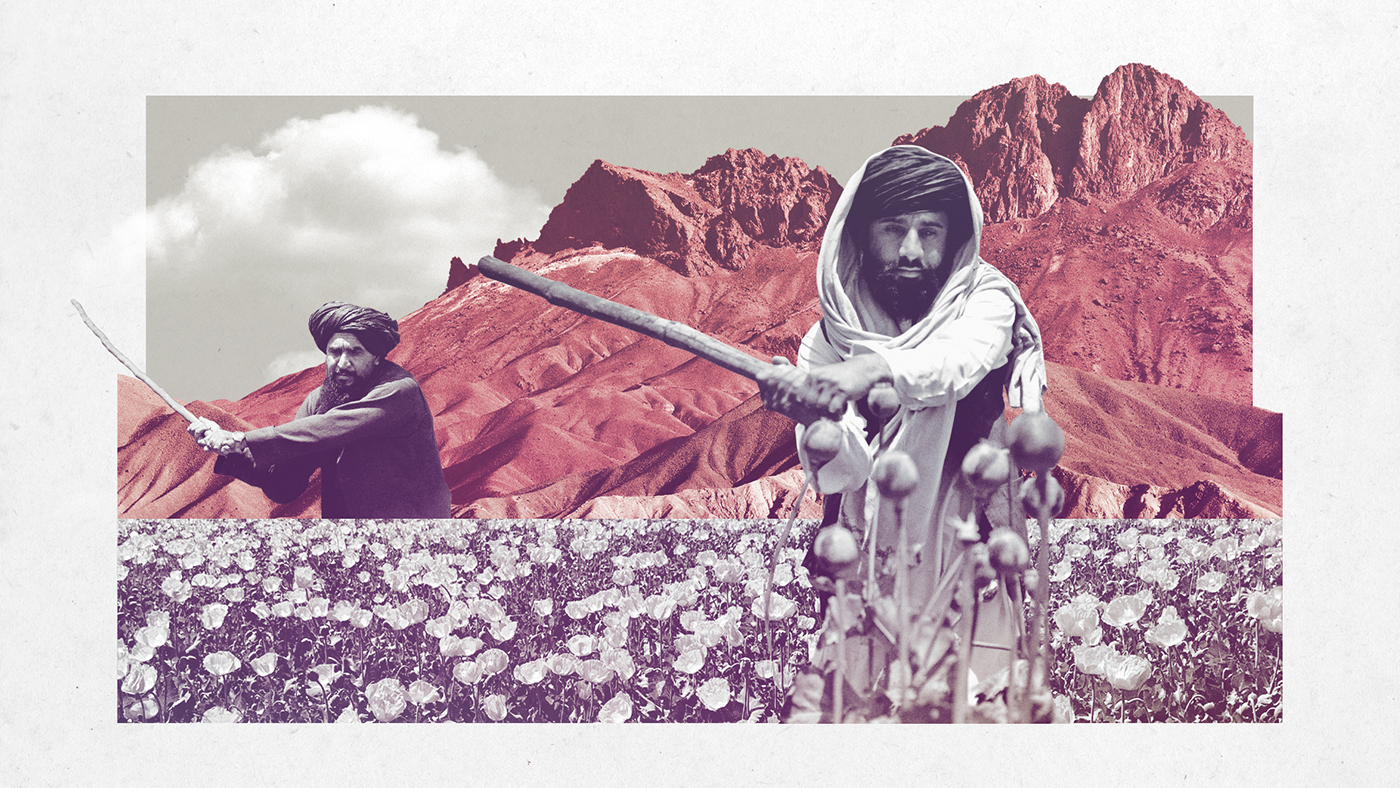 The Taliban’s ‘unprecedented’ crackdown on opium poppy crops in Afghanistan
The Taliban’s ‘unprecedented’ crackdown on opium poppy crops in Afghanistanfeature Cultivation in former poppy-growing heartland Helmand has been slashed from 120,000 hectares to less than 1,000
-
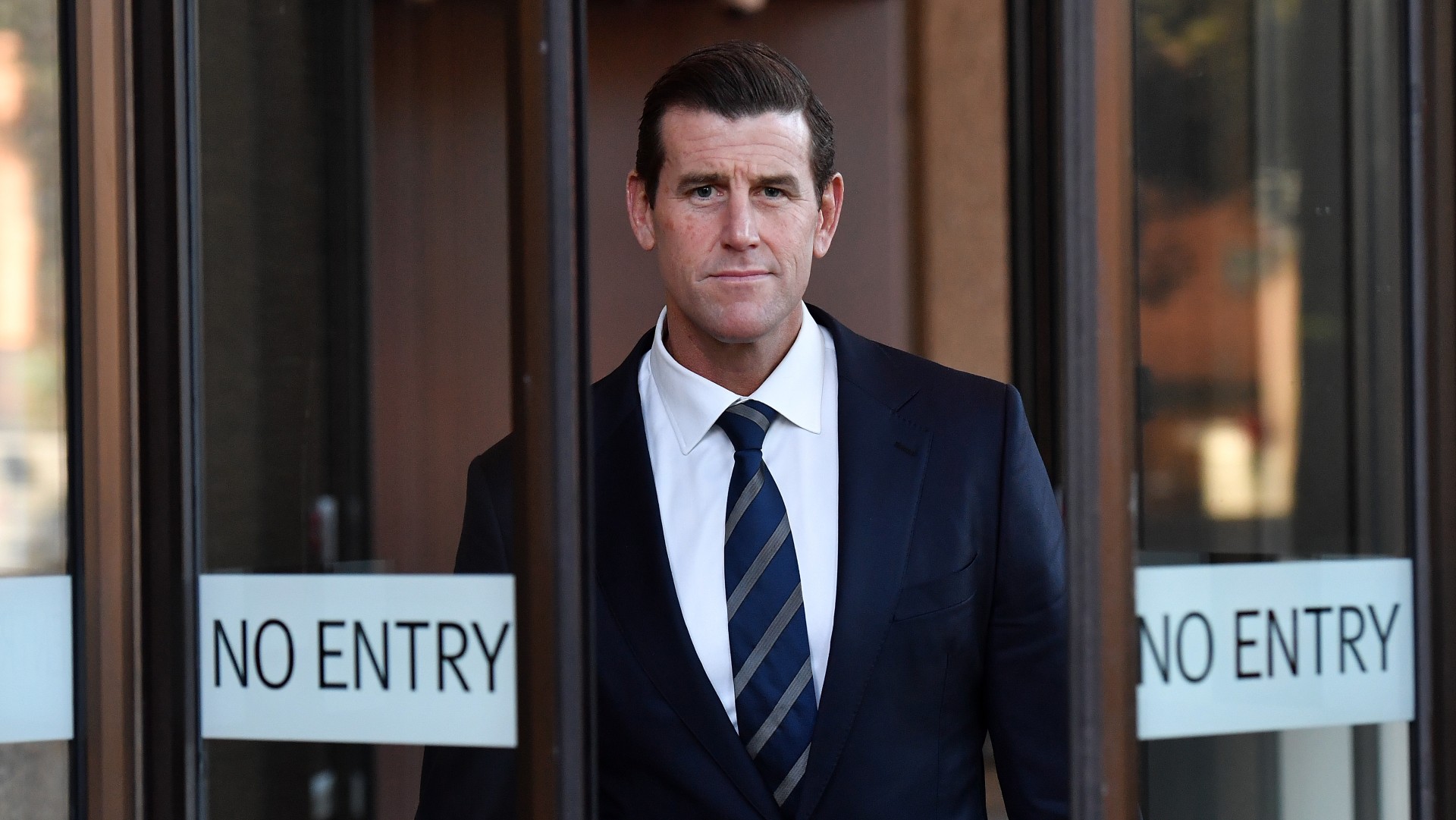 Ben Roberts-Smith: will more Afghanistan war crimes trials follow?
Ben Roberts-Smith: will more Afghanistan war crimes trials follow?Today's Big Question Former SAS soldier lost defamation case against Australian newspapers that accused him of murder
-
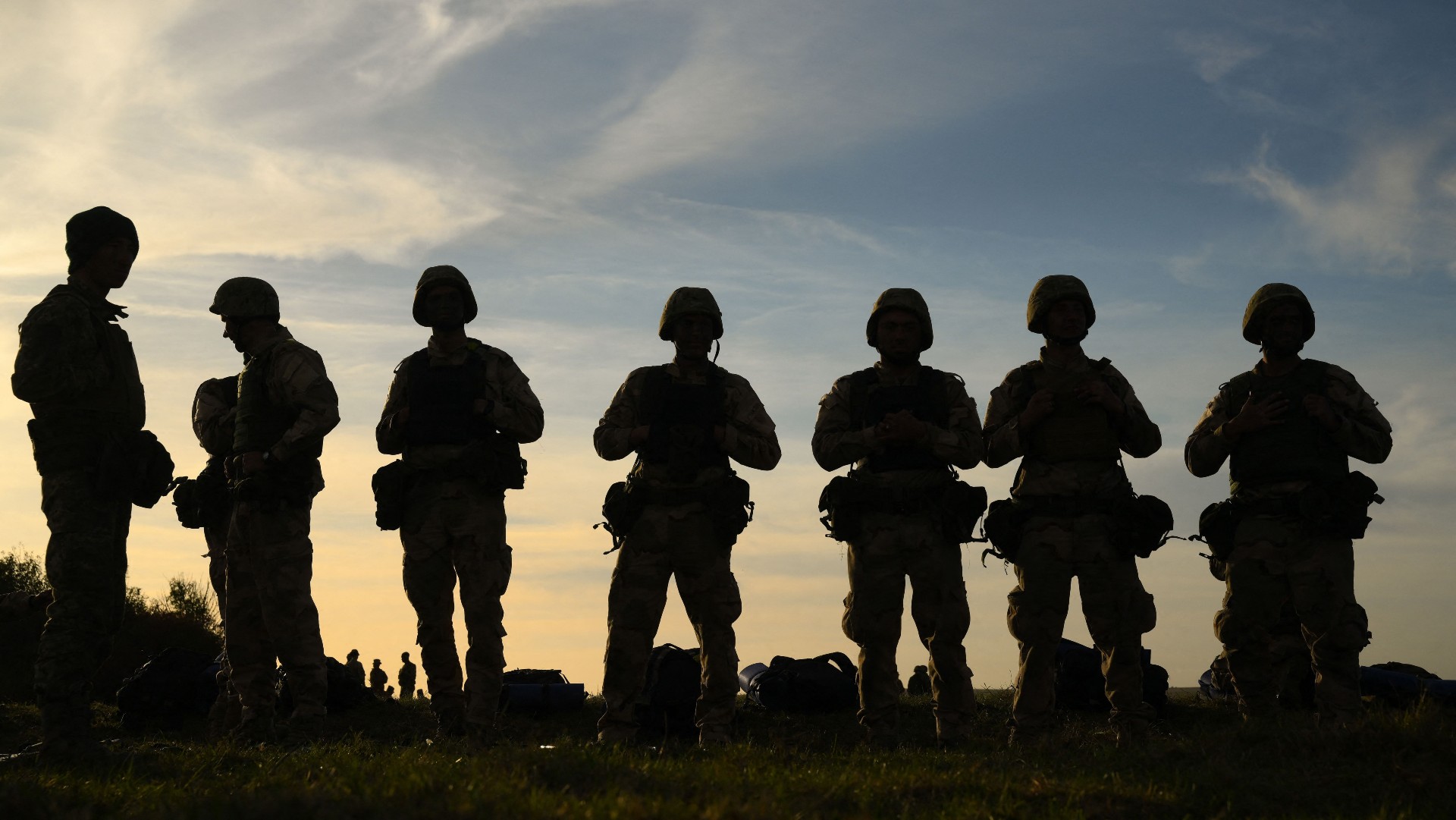 Can the UK rely on the British Army to defend itself?
Can the UK rely on the British Army to defend itself?Today's Big Question Armed forces in ‘dire state’ and no longer regarded as top-level fighting force, US general warns
-
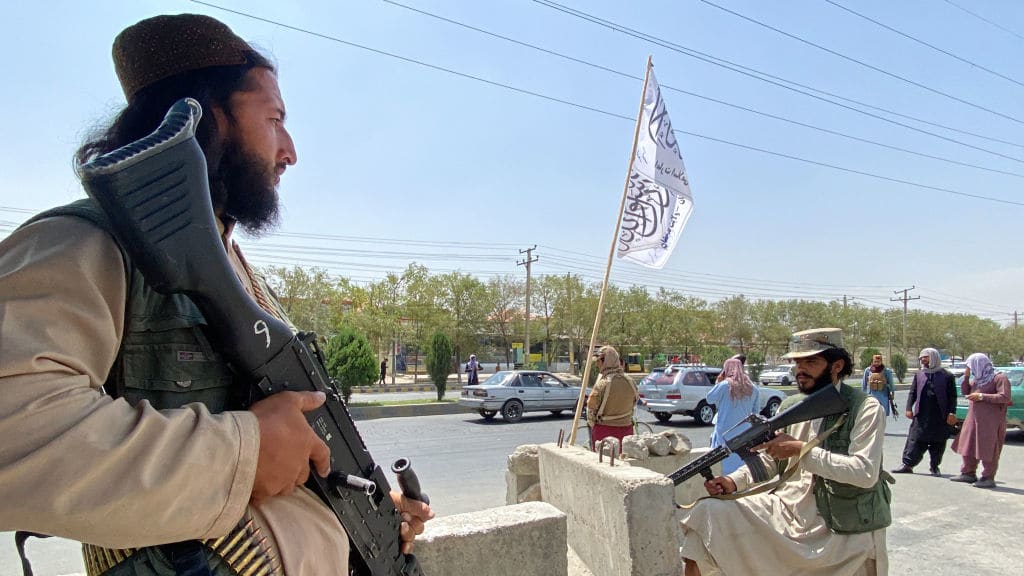 Taliban releases 2 Americans held in Afghanistan
Taliban releases 2 Americans held in AfghanistanSpeed Read
-
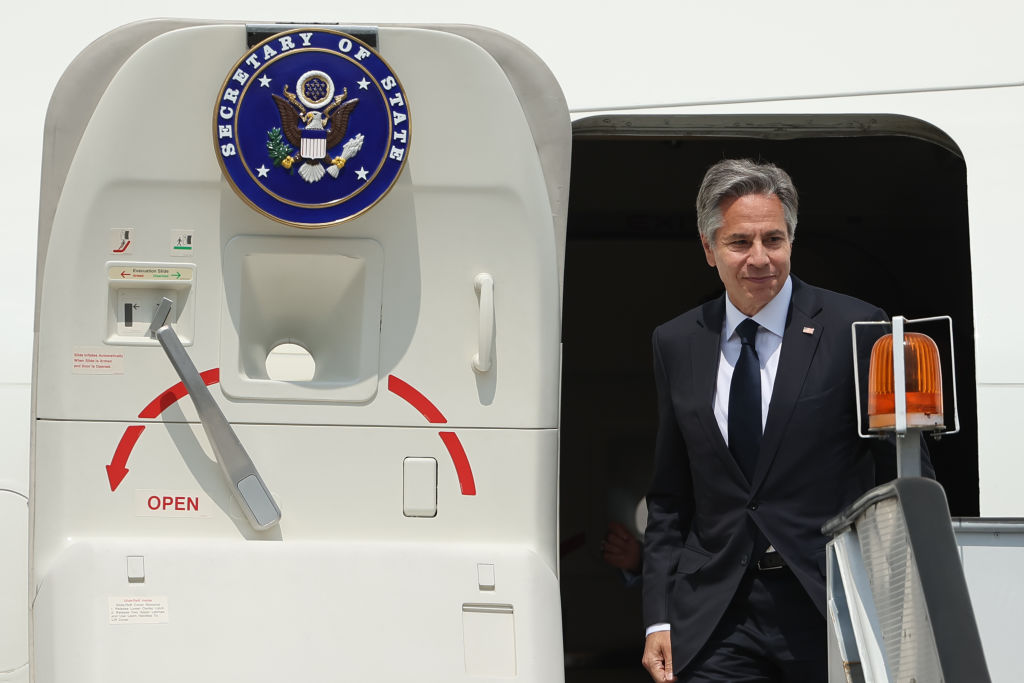 American detained in Afghanistan for over 2 years released in prisoner exchange
American detained in Afghanistan for over 2 years released in prisoner exchangeSpeed Read
-
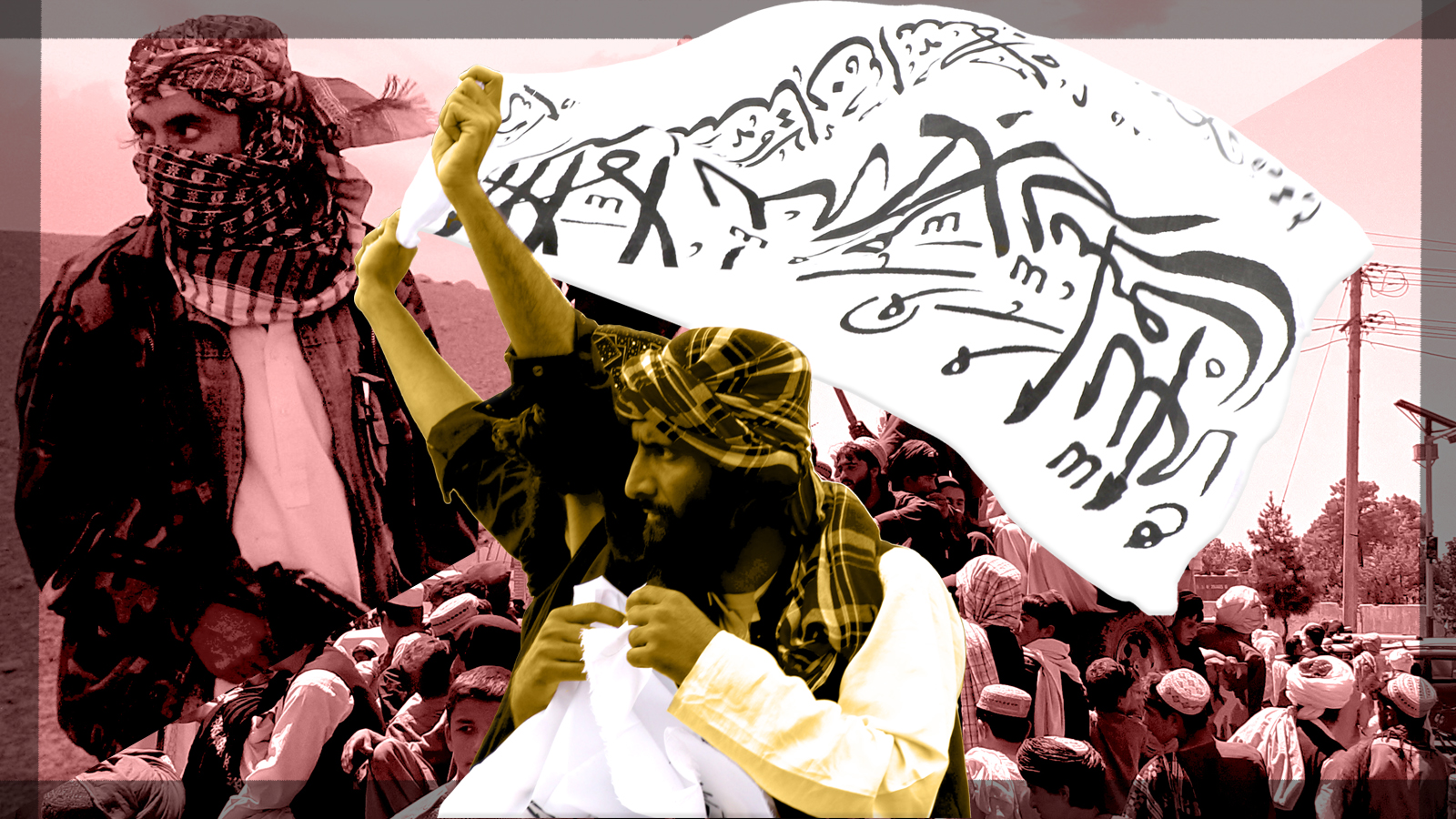 Afghanistan: A year after the withdrawal
Afghanistan: A year after the withdrawalopinion What did the U.S. leave behind when it pulled out of Afghanistan?
-
 Prominent cleric who supported female education killed in Afghanistan bombing
Prominent cleric who supported female education killed in Afghanistan bombingSpeed Read